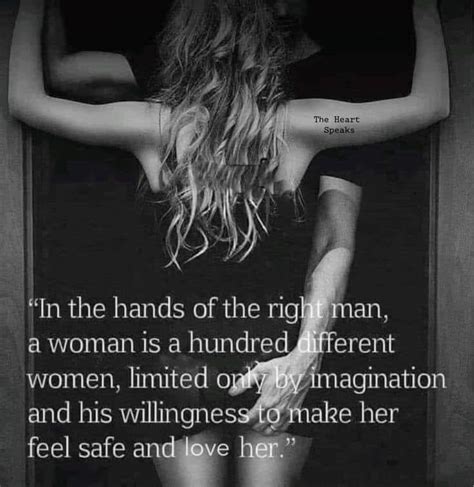In countless cultures across history, the ideal man has been depicted as a bastion of strength, resilience, and unwavering composure. This deeply ingrained societal narrative often translates into an internal pressure, compelling men to maintain an impenetrable facade, regardless of the emotional storms brewing within. But what does this relentless pursuit of strength mean for a man’s capacity to engage with his own vulnerabilities?
The Unseen Burden of Invincibility
From an early age, boys are subtly and overtly taught that expressions of weakness, fear, or sadness are antithetical to masculinity. Phrases like “man up,” “boys don’t cry,” or “be tough” become internalized directives, shaping a psychological landscape where vulnerability is not just an undesirable trait, but a threat to one’s identity. This conditioning fosters a profound disconnect, making it incredibly challenging for men to even recognize, let alone accept, that they have vulnerabilities. The internal dialogue often dismisses feelings that don’t align with “strength” as irrelevant or shameful.

Acknowledgement: The First Hurdle
The primary influence of the “be strong” mandate is on the initial acknowledgment of vulnerability. When strength is equated with emotional stoicism, any feeling that deviates from this ideal is automatically flagged as a weakness. This creates an immediate internal barrier. A man might experience anxiety, sadness, or fear, but his conditioning pushes him to suppress or reframe these emotions. He might rationalize them away, deny their existence, or project them onto external circumstances, rather than recognizing them as legitimate internal experiences needing attention. The sheer act of labeling an emotion as ‘vulnerability’ can feel like a profound failure.
Processing: A Denied Pathway
Even if a man manages to breach the initial barrier of acknowledgment, the pressure to be strong significantly obstructs the healthy processing of vulnerabilities. Processing involves allowing an emotion to be felt, understood, and integrated, perhaps by sharing it with a trusted individual, seeking support, or engaging in reflective practices. However, the fear of judgment – both from others and from oneself – often prevents this. Sharing vulnerabilities is perceived as exposing a weakness, inviting ridicule, or losing respect. Consequently, emotions are often bottled up, leading to a host of detrimental outcomes.

The Cost of Emotional Stoicism
This suppression doesn’t make vulnerabilities disappear; it merely forces them underground, where they can fester. The long-term consequences are severe, contributing to elevated rates of mental health issues like depression, anxiety, and substance abuse among men. Relationship difficulties also frequently arise, as emotional intimacy thrives on shared vulnerability. Without the ability to open up, connection remains superficial, and trust can be eroded. Physical health can also suffer, as chronic stress and unaddressed emotional burdens take their toll on the body.

Redefining Strength: Embracing Vulnerability
Challenging the archaic notion of invulnerable masculinity is crucial for the emotional well-being of men. True strength doesn’t lie in the absence of vulnerability, but in the courage to acknowledge, understand, and navigate it. This involves a conscious effort to deconstruct internalized societal messages and build new frameworks for emotional literacy. Encouraging environments where men can safely express their feelings, promoting therapy and emotional support as signs of strength, and showcasing male role models who demonstrate healthy vulnerability are all vital steps.

Paving the Way Forward
When men are liberated from the pressure to always “be strong” in the traditional sense, they gain access to a fuller spectrum of human experience. This allows for deeper self-understanding, more authentic relationships, and significantly improved mental and emotional health. Embracing vulnerability is not a surrender of strength, but an expansion of it – a brave act of self-acceptance that ultimately leads to resilience and genuine personal power.





